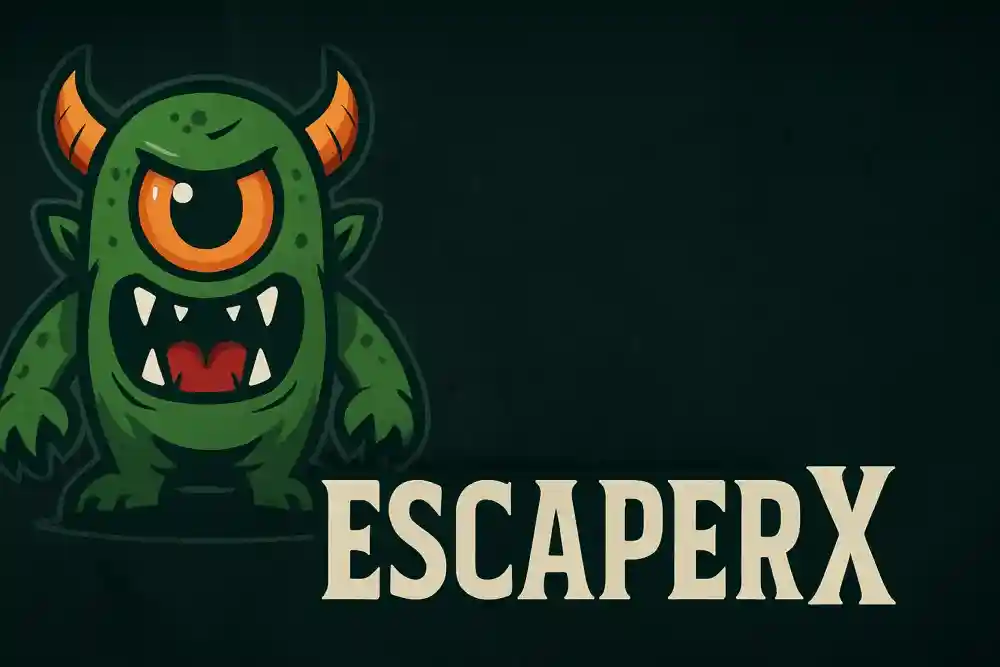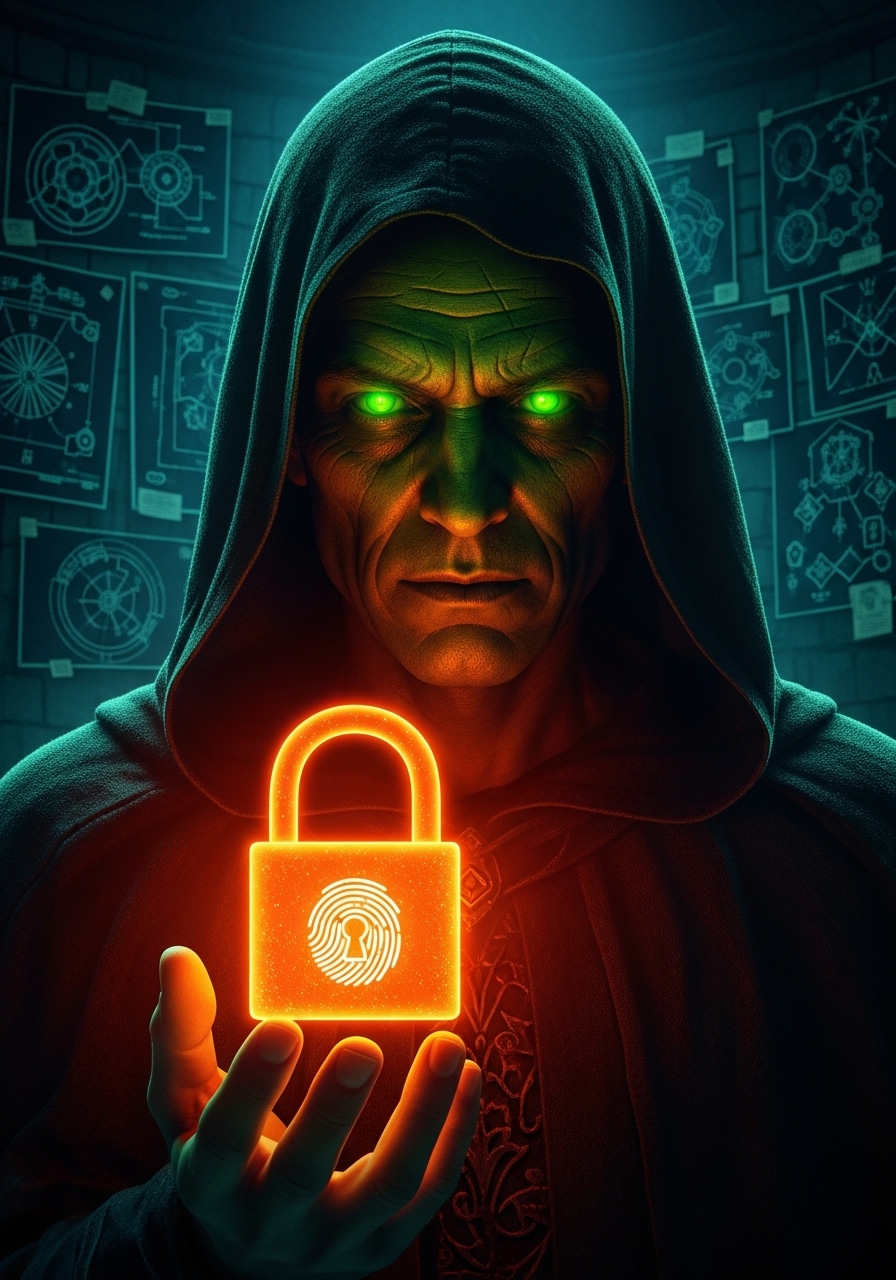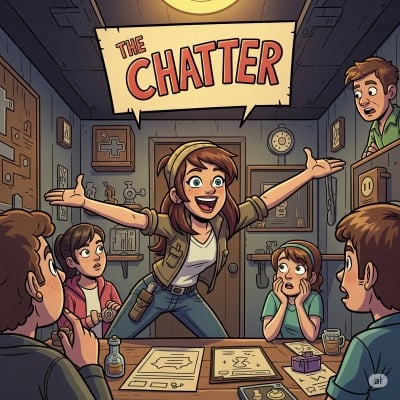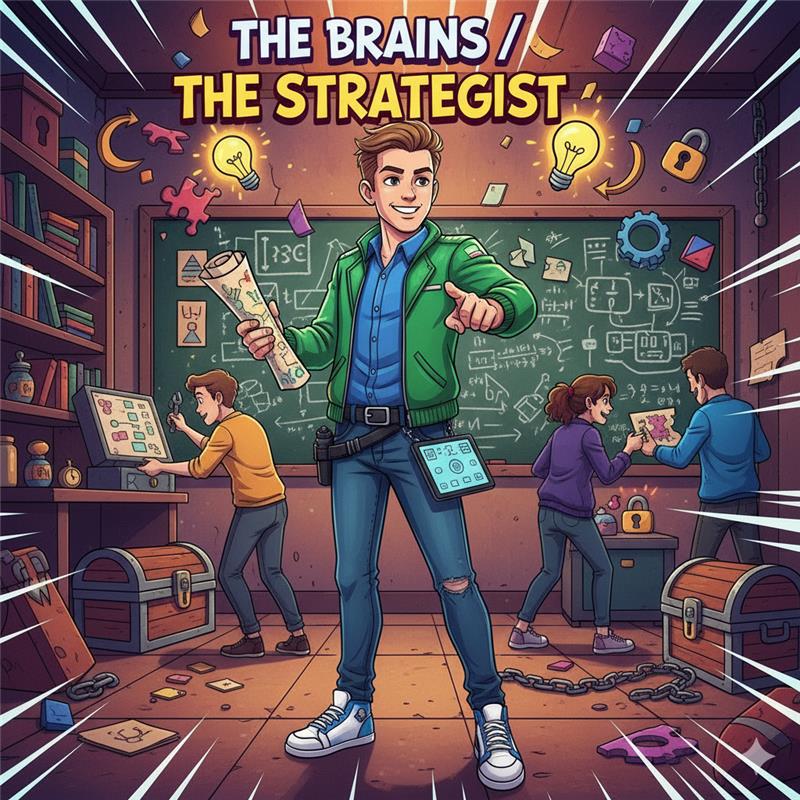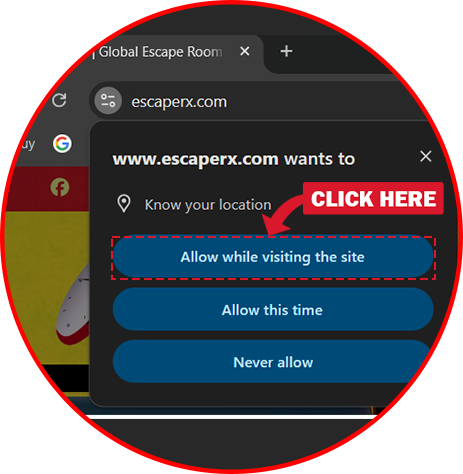Escape rooms are filled with codes, riddles, and hidden mechanisms but before any of them can be solved ⚙ ️, they must first be found. This is where the Finder shines. While some players are strategists, leaders, or code-breakers, the Finder’s gift is rooted in patience, perception, and discovery. They may not always be the loudest voice in the room 💪, but without their sharp eyes and persistence, even the most brilliant puzzle-solvers would be left with nothing to solve 🚫.
The Finder is the embodiment of curiosity 🤔. They are the ones who scan the walls twice, check under the furniture, and open every drawer with care. They don’t settle for the obvious; they dig deeper, knowing that designers often tuck crucial clues into places most people overlook. In an environment where a single misplaced key or hidden scrap of paper can mean the difference between success and failure 📝, the Finder’s role becomes indispensable.
One of the Finder’s greatest strengths is their ability to notice the overlooked details. Escape rooms thrive on distraction colorful props 🧮, red herrings, and elaborate set designs often pull focus away from subtle clues. Many players get caught up in solving puzzles, forgetting to gather all the necessary pieces first 🖊 ️. The Finder counters this tendency by making sure no stone is left unturned. They don’t just look; they observe. Their persistence ensures that nothing important remains hidden in plain sight 🔍.
Another contribution of the Finder is their knack for organization. It isn’t enough to simply gather items 📂; they must also be sorted, tracked, and made accessible for the team. A good Finder doesn’t just hand clues to others at random they establish order. Keys are grouped together, papers are laid out neatly, and discovered objects are kept in play rather than scattered across the room 📰. This seemingly simple act reduces confusion, saves time, and allows the team to focus on solving instead of searching 🧩.
The Finder’s persistence also plays a psychological role in keeping the team motivated. Nothing is more frustrating than being stalled because a vital object hasn’t been located. In these moments 😤, the Finder steps up. They remind the team to double-check, to search again, to question assumptions about what has or hasn’t been found. Their patience prevents the group from spiraling into discouragement, and their thoroughness often leads to the satisfying discovery that reignites momentum 🔥.
Importantly, the Finder’s work is often invisible 🫥. Their successes don’t come with the same fanfare as solving a tricky cipher or cracking a combination lock. But make no mistake the Finder’s contributions are the foundation of progress. Every puzzle that is solved begins with something that was found. The code-breaker cannot succeed without numbers, the riddle-solver cannot proceed without text, and the strategist cannot plan without resources. The Finder enables the rest of the team to shine ✨ 🌟.




%20(1).webp?w=293.34px)
%20(1).webp?w=293.34px)
%20(1).webp?w=293.34px)
